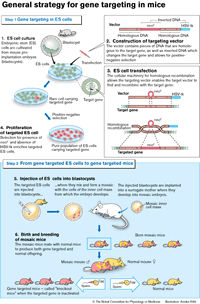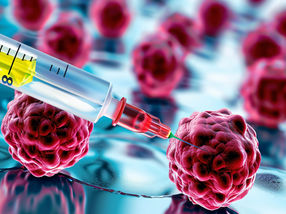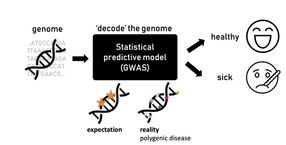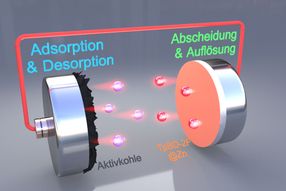AMDL's Recent U.S. Patent for Immunogene Therapy for Cancer Details Development of 'Humanized Mouse' to Assist Subsequent Human
Tustin, Calif. AMDL, Inc., developer and marketer of tests for the early detection of cancer and other serious diseases, which recently announced it launched a major effort to seek a strategic partner for clinical trials, and eventual marketing, of its unique Combination Immunogene Therapy (CIT), today said that the important U.S. patent it recently received highlights new gene therapy compositions that might be useful in treating specific forms of cancer and details the development of mice that will be far more useful in animal studies because of their human-like immune system.
Specifically, a "humanized" mouse is claimed by AMDL that has been engineered to possess a human-like immune system. This transgenic mouse is extremely useful for studying potential therapeutic benefits of candidate gene therapy compositions. Because the natural mouse immune system differs from the human immune system, experiments conducted in conventional mice are not always predictive of how new therapeutic compounds will work in humans. However, transgenic mice made in accordance with AMDL's patents have an immune system more like a human's. Results obtained from experiments using this mouse may correlate significantly better than traditional animal models. That is why these mice are referred to as "humanized mice."
Additionally, AMDL has patents and patents pending claiming novel animal models and methods for using these. "Medical science has long been concerned about adverse occurrences in human trials that aren't predicted in traditional animal studies," said Gary Dreher, AMDL CEO. "With the novel animal models we have developed, some of these important concerns could be eliminated."
CIT uses two genes in combination to build the body's immune system and to destroy cancer cells. The GM-CSF gene alters the tumor to activate tumor-specific T-cells within the immune system, while the B7-2 gene enters the tumor to stimulate larger and stronger T-cells to fight the cancer. This is a variation of the traditional concept of gene therapy, which seeks to replace damaged or abnormal genes with healthy ones. Replacing defective genes in cancer cells has proven impractical because of the number of genes involved.
CIT has undergone successful Phase I clinical trials in skin and brain cancer patients and was shown to be 100 percent effective in a humanized mouse model at the University of Alberta, Canada. Publications that have reported on this therapy include "Human Gene Therapy" and "Neurosurgery."
"Potential products in the multi-billion dollar global cancer market are being sought by major pharmaceutical and other companies and we believe our therapy has significant, important features to offer to these firms," said Gary Dreher, AMDL President and CEO.
AMDL is a theranostics company, meaning it is involved both in the treatment of cancer, with the CIT therapy, and in its detection, with the DR-70(R) cancer blood test kit. The Company currently is supplying information requested by the U.S. Food and Drug Administration as part of the process in seeking clearance to market the DR-70(R) test for monitoring colon cancer.
Other news from the department research and development
Most read news
More news from our other portals
See the theme worlds for related content
Topic world Gene therapy
Genetic diseases once considered untreatable are now at the center of innovative therapeutic approaches. Research and development of gene therapies in biotech and pharma aim to directly correct or replace defective or missing genes to combat disease at the molecular level. This revolutionary approach promises not only to treat symptoms, but to eliminate the cause of the disease itself.
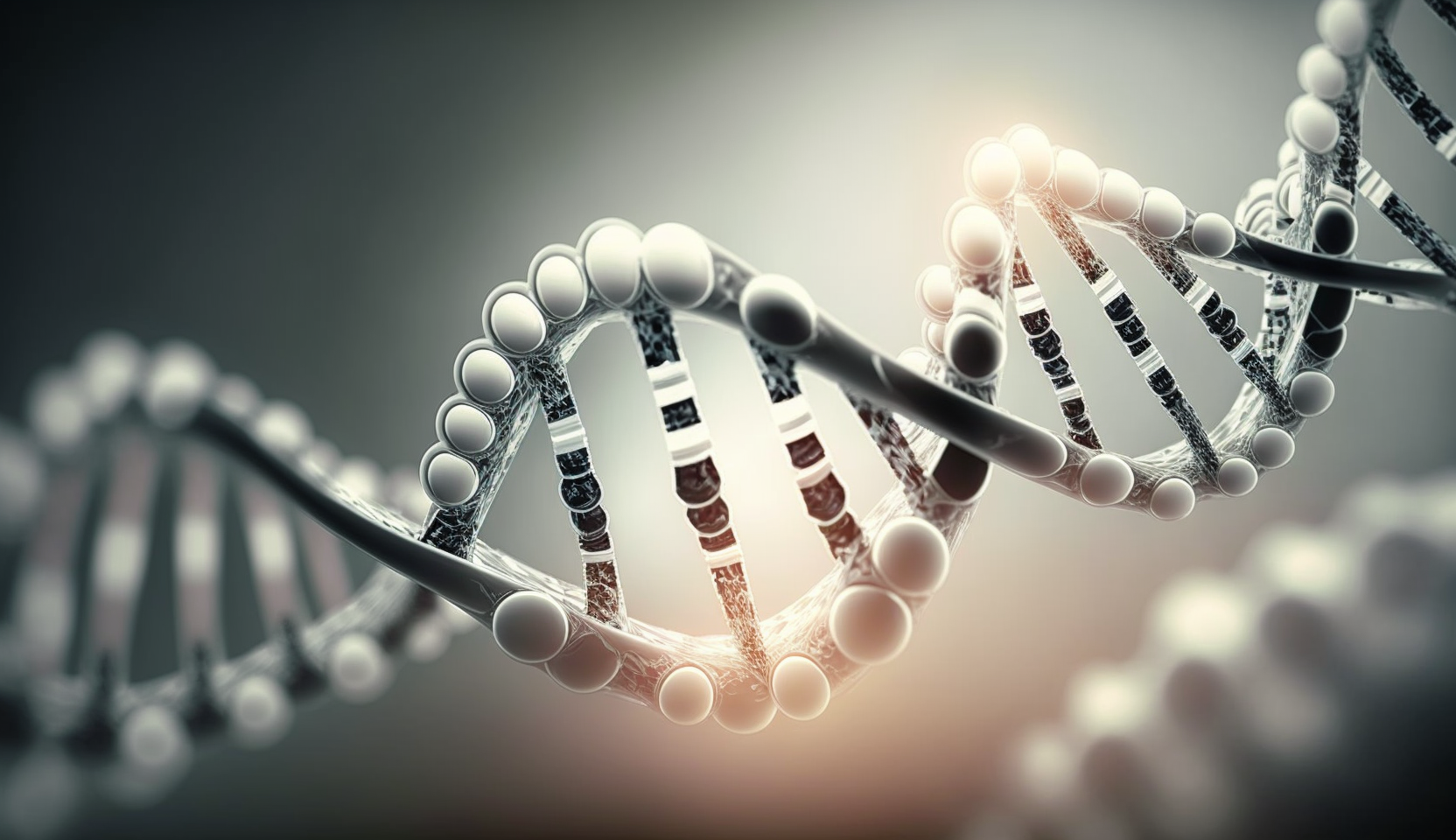
Topic world Gene therapy
Genetic diseases once considered untreatable are now at the center of innovative therapeutic approaches. Research and development of gene therapies in biotech and pharma aim to directly correct or replace defective or missing genes to combat disease at the molecular level. This revolutionary approach promises not only to treat symptoms, but to eliminate the cause of the disease itself.
